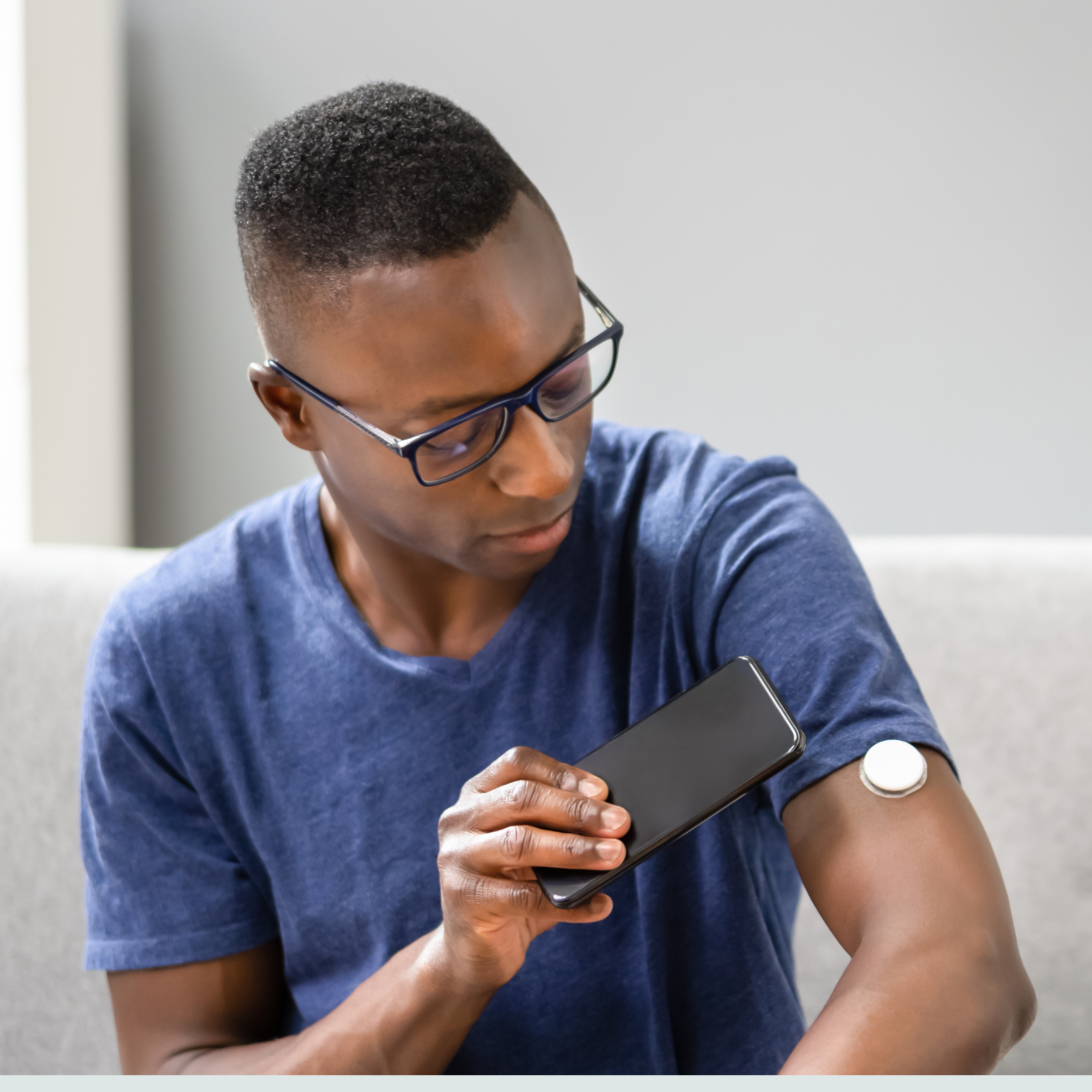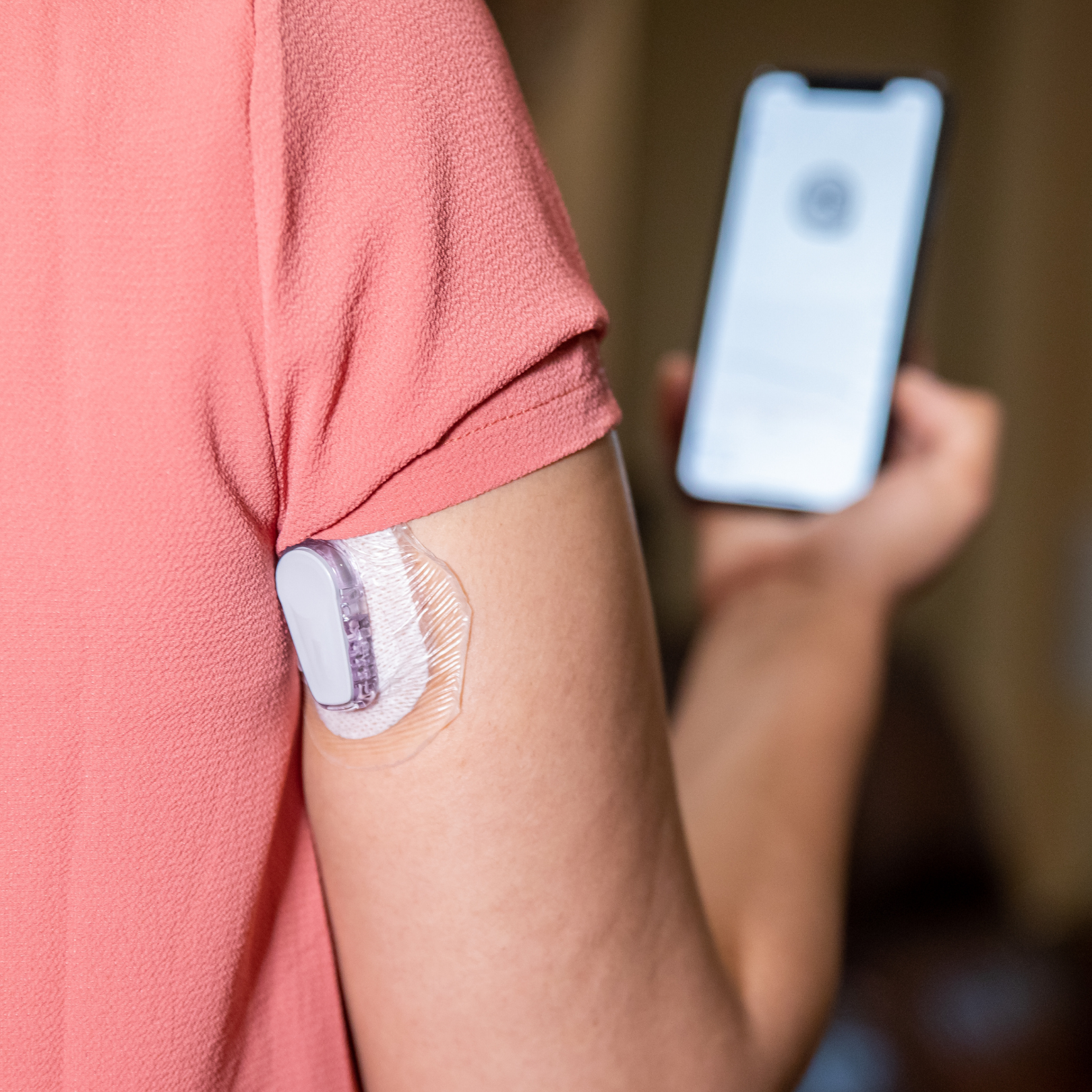News
9-year-old Georgetown boy participates in clinical trial to help find Type 1 Diabetes cure

Nine-year-old Paxton was diagnosed with Type 1 diabetes when he was just five years old. He showed the classic symptoms: extreme thirst, frequent urination, unintentional weight loss, and behavioral changes. Both of his parents have health education backgrounds, so they immediately feared it was Type 1 diabetes. A trip to the pediatrician confirmed it.
Type 1 diabetes is very different from Type 2 diabetes. Children who have Type 1 diabetes can’t produce the important hormone, insulin. Type 2 diabetes is typically a result of lifestyle factors, such as being inactive and carrying excess weight.
Type 1 diabetes has a significant impact on Paxton and his family. He must check his blood sugar levels multiple times a day and must calculate how much insulin he needs. He (& his family) don’t sleep through the night because every morning at about 2am, his mom or dad checks his blood sugar levels because they typically plummet at that time. If it gets too low, Paxton could die. He is currently home-schooled because he was missing important class time due to treating blood sugar highs and lows in the nurse’s office.
For these reasons, he’s participating in a new clinical trial at Texas Diabetes looking at special sensors and insulin pumps that make automatic adjustments to help people like Paxton stay in a more normal, healthy blood glucose range.
“Ultra-rapid insulins being approved in pumps, including pumps with the automated features “closed loop pumps, is extremely exciting when it comes to treating patients with Type 1 diabetes”, says board certified endocrinologist, Dr. Lindsay Harrison and one of the investigators in the study.
Paxton must go to Texas Diabetes every two weeks and then eventually, it will be monthly for a total of four months. When he’s not there, he downloads his pump data and researchers access it in a cloud to watch his blood glucose levels. He must also log his food, exercise activity, and ketone levels.
This is Paxton’s third time participating in a clinical trial at Texas Diabetes. “I want to help out so other people can benefit from new technologies for Type 1,” explains Paxton. Paxton likes to explain to people exactly what Type 1 diabetes is, what the signs and symptoms are, and how it impacts his life. He’s even recorded videos about it to share on social media.
Paxton still tries his best to live like a normal nine-year-old kid by playing with his friends and staying active through taekwondo.
Clinical Trials at Texas Diabetes and Endocrinology
Texas Diabetes is one of the top endocrine research sites trusted worldwide in conducting investigational studies for the development of new medications and devices to help treat and prevent a wide range of endocrine diseases.
For more information on clinical research at Texas Diabetes, contact our research department here.







